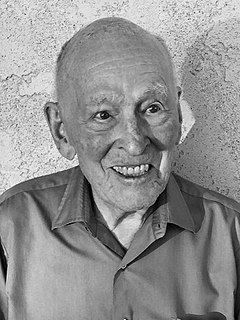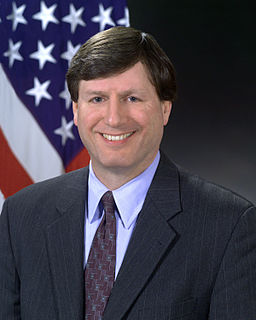A Quote by Hans Christian von Baeyer
As every bookie knows instinctively, a number such as reliability - a qualitative rather than a quantitative measure - is needed to make the valuation of information practically useful.
Related Quotes
We have more information now than we can use, and less knowledge and understanding than we need. Indeed, we seem to collect information because we have the ability to do so, but we are so busy collecting it that we haven't devised a means of using it. The true measure of any society is not what it knows but what it does with what it knows.
It happens the world over - we love ourselves more than we do the one we say we love. We all want to be Number One, we've got to be Number One or nothing! We can't see that we could make ourselves loved and needed in the Number Two, or Three, or Four spot. No sir, we've got to be Number One, and if we can't make it, we'll rip and tear at the loved one till we've ruined every smidgin of love that was ever there.
the leader releases energy, unites energies, and all with the object not only of carrying out a purpose, but of creating further and larger purposes. And I do not mean here by larger purposes mergers or more branches; I speak of larger in the qualitative rather than the quantitative sense. I mean purposes which will include more of those fundamental values for which most of us agree we are really living.
The loss of quality that is so evident at every level of spectacular language, from the objects it glorifies to the behavior it regulates, stems from the basic nature of a production system that shuns reality. The commodity form reduces everything to quantitative equivalence. The quantitative is what it develops, and it can develop only within the quantitative.
Most, probably, of our decisions to do something positive, the full consequences of which will be drawn out over many days to come, can only be taken as the result of animal spirits-a spontaneous urge to action rather than inaction, and not as the outcome of a weighted average of quantitative benefits multiplied by quantitative probabilities.
































